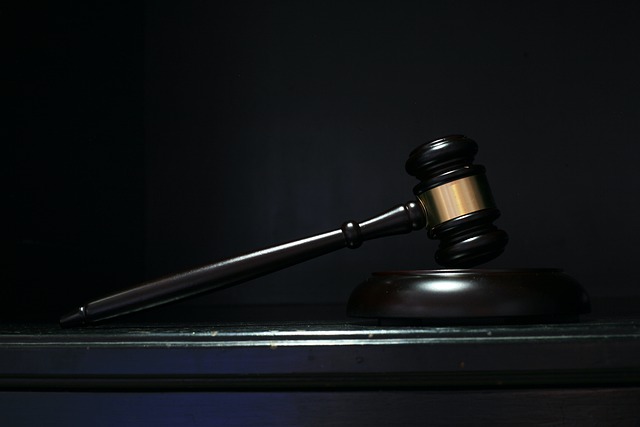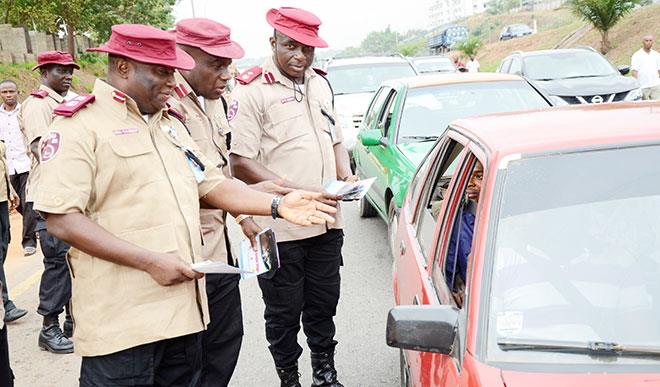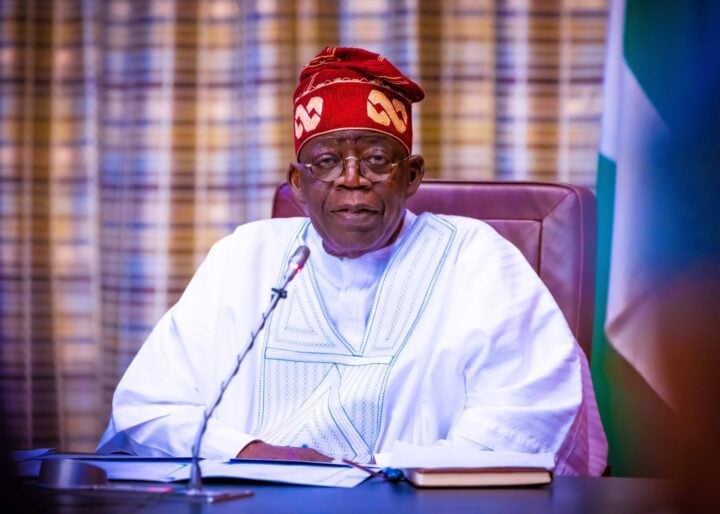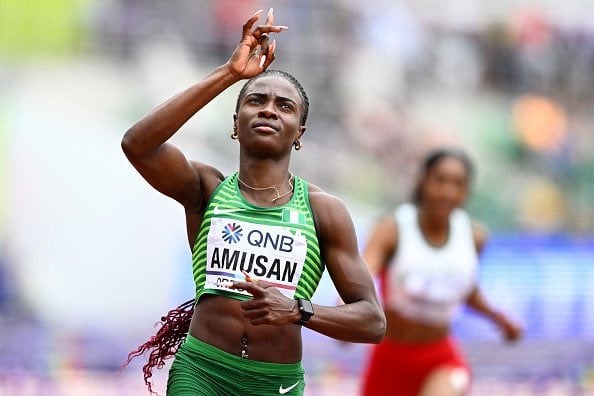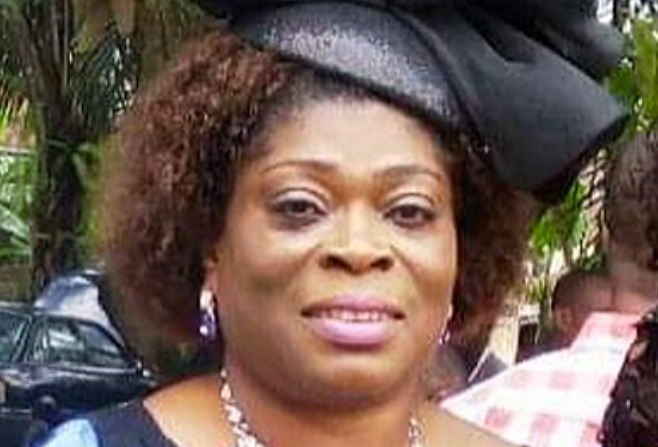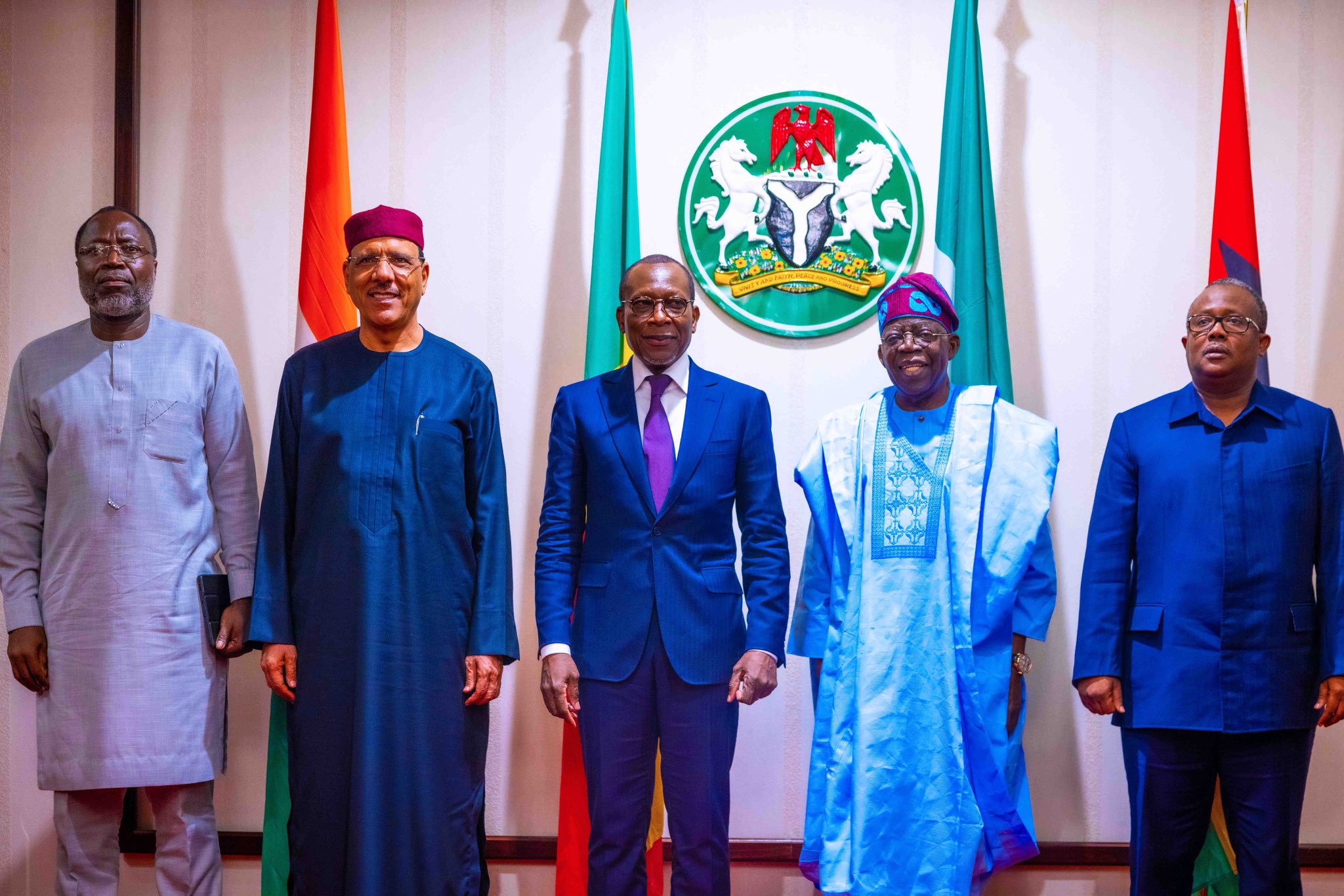A prosecution witness of the Economic and Financial Crimes Commission (EFCC) admitted before a federal high court in Abuja on Tuesday that a loan taken by Mohammed Bello Adoke from Unity Bank is also being classified as a bribe by the anti-graft agency in a case before another court.
Adoke, former attorney-general of the federation (AGF), is currently standing trial alongside Aliyu Abubakar, a property developer, over allegations of money laundering amounting to N300 million.
The EFCC alleged that Adoke made a cash payment of $2,267,400 to Unity Bank in 2013 in contravention of money laundering laws.
Adoke, in his memoir, said Abubakar had in 2011 offered him a property for N500 million out of which Unity Bank provided a mortgage of N300 million (about $2.2 million then).
Advertisement
The former AGF said when he could not raise the funds to pay his equity contribution of N200 million, Abubakar refunded the N300 million loan to Unity Bank and sold the same property to the Central Bank of Nigeria (CBN) in 2013.
But in a criminal conspiracy case against Adoke, Abubakar and others before a Federal Capital Territory (FCT) high court, the EFCC is arguing that the same N300 million was a bribe received by the former AGF in the OPL 245 transaction of 2011.
Adoke has often maintained that his trial is politically motivated and that he did not collect any bribe as alleged by the EFCC.
Advertisement
IN THE WITNESS BOX
Ibrahim Ahmad, a retired chief superintendent of police (CSP), was the officer that investigated the allegations of money laundering when he was with the EFCC.
The prosecutors, led by O. I. Uket of the EFCC, presented Ahmad as the eighth prosecution witness (PW8) before Justice Inyang Ekwo on Tuesday.
Ahmad had been cross-examined by Kanu Agabi, Adoke’s lead counsel, on Monday but it did not go very well as the witness did not provide direct answers to the lawyer’s questions on the nature of the banking transaction.
Advertisement
Following adjournment to Tuesday, Paul Erokoro, also in Adoke’s team, took over the cross-examination of Ahmad after Agabi had apologised for “running out of patience” the previous day.
This conversation ensued.
Paul Erokoro (PE): Yesterday you mentioned TOD.
Ibrahim Ahamad (IA): Yes. It means temporary overdraft.
Advertisement
PE: Who took the overdraft?
IA: The first defendant (Adoke).
Advertisement
PE: What did he do with the money?
IA: He used the money to pay for a house.
Advertisement
PE: Who owns the house?
IA: The second defendant (Abubakar).
Advertisement
PE: Who owns the house?
IA: The second defendant who retrieved the house from the first defendant and sold to the CBN.
PE: Do you have any reason to doubt the fact that the house was retrieved from the first defendant by the second defendant and sold to CBN?
IA: The investigation confirms.
Court: Answer according to the result of your investigation.
PE: Who did you offer your investigation report to?
IA: I submitted to the head of the investigating team who forwarded it to the legal department.
PE: May I apply for the report?
Uket (EFCC’s lead prosecutor): He can’t… he ought to give prior notice.
PE: May I apply for all the exhibits… I have in my hand exhibit PW7; A1-A28, please take a look at it. You recall that your investigating team recovered that document from Unity Bank?
IA: Let me look at that document. Yes, I have seen the document.
PE: Is this the same N300 million mentioned in the prosecution in Italy?
IA: I am not aware, my lord.
PE: You never advised any prosecutor in any case in Italy? Is it the same for the sister case in FCT high court?
IA: It’s only the legal department that will know. If I look at the charges, I will be able to comment, my lord.
(Erokoro shows Ahmad the charge of FCT high court where the N300 million loan was referred to as a bribe).
IA: That’s the same N300 million bank loan.
Court: Is that document in evidence in this court?
PE: No, I seek to tender it. This is an original copy and I tender it.
Uket: I will object to the tendering of the charge.
Court: I will take all documents.
Uket: I reserve my objection.
After answering other questions relating to his handling of the investigation, he was discharged from the witness box as there was no re-examination.
Uket then informed the court that he had one more witness to call, leading to the adjournment of the case to November 6, 7 and 8 for continuation of trial.
WHAT WE HAS TRANSPIRED SO FAR
On August 4, 2020, the EFCC arraigned Adoke (first defendant) and Abubukar (second defendant) before Ekwo on allegations of money laundering.
EFCC’s star witness, Rislanudeen Mohammed, who was the acting MD of Unity Bank when Abubakar refunded the mortgage in 2013, told the court that there was no money laundering involved in the transaction, insisting that it was “transparent and legitimate”.
Abubakar alleged that he was put under pressure by the EFCC to make statements implicating Adoke in exchange for his freedom.
This led to a trial-within-trail, during which the judge watched the videos of Abubakar’s interrogation by the EFCC.
On Monday, the court ruled that the statements were made by Abubakar under an “oppressive environment” and with “apparent intimidation” in violation of the provision of Section 29 (2) (a) of the Evidence Act, 2011 which says that statements made under oppression, torture, violence or inhuman treatment are inadmissible in court.
He said all the statements were inadmissible in court.
